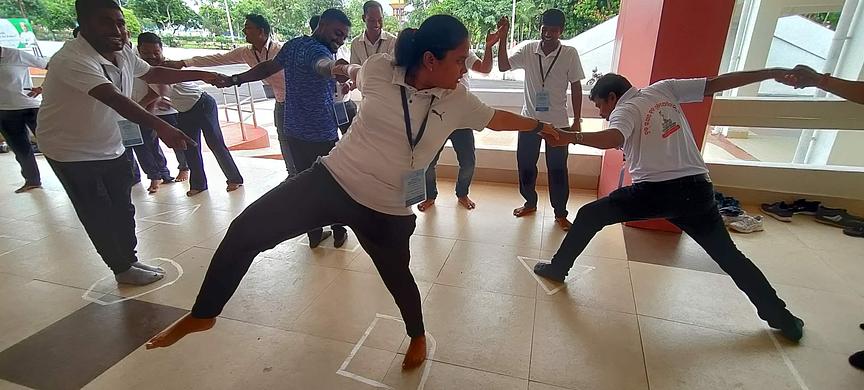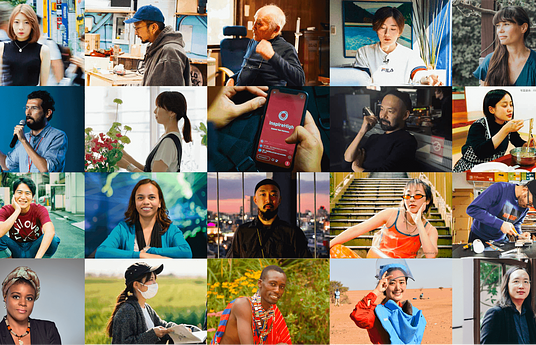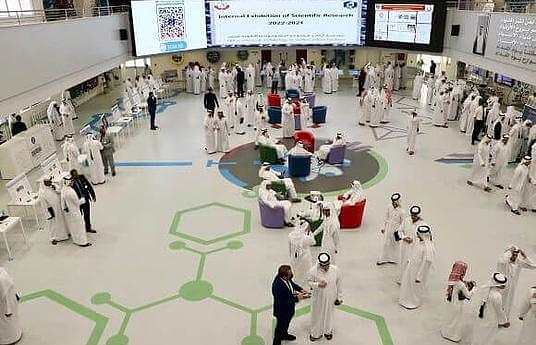While 253 million adolescents in India cross the threshold from childhood into adulthood, only 1/3 of them have the required qualification (DISE 2014-15). Equipping them with critical life skills is essential for them to be work-ready and thrive in the 21st century. Designing a sustainable, scalable program that leverages the govt. system is crucial to address the needs of these young people.
1. Partnering with state govts. by signing MoU between MB & relevant govt depts, primarily education depts
2. Contextualization of in-house developed LS curriculum in alignment with the state’s needs. This is done in consultation with state edu. dept & representatives from schoolteachers, District Institutes of Education and Training (DIETs) & Block, Cluster Resource Centres (BRCs, CRCs)
3. Identification of intervention schools, Master Trainers (MT) from within DIETs, BRCs & CRCs
4. ToTs conducted for identified representatives
5. MTs in turn train identified schoolteachers (usually 2 per school) to deliver life skills education sessions to adolescents in school.
6. State, district, block level officials & school principals are oriented, and a joint monitoring mechanism is developed, to be integrated in the government’s existing monitoring mechanism.
7. Technology is core, either using an existing govt. system or creating a technology – based joint monitoring system.
MB started with 2 district level interventions and recognizing the potential of the program and seeing visible results in the adolescents and teachers, the program has spread to eight states – Mizoram, Rajasthan, Haryana, Maharashtra, Andhra Pradesh, Odisha, Assam & Madhya Pradesh. In the past 3 years, MB has partnered with six state governments in India & is slated to reach 8 million adolescents in the coming 2-3 years. Over next 2 years, MB will build capacities of nearly 40,000-50,000 teachers from ~25,000 govt. schools to reach these adolescents. Additionally, the focus has also been on inclusion of Life Skills in pre-service training and the B. Ed. Curriculum & in Mizoram, Magic Bus has successfully been able to include life skills in the B. Ed. Curriculum at the university level.
Gauging govt.’s willingness towards LS-based initiatives. Scoping is done to understand the modalities with high probability of being accepted by Govt. MB acts as technical partner to govt. to design the program collaboratively to identify & train teachers with tailor-made LS inputs. Connect with us to understand the program, benefit from our learning by writing to Dhanashri, CoP/ Gitanjali, Dir



